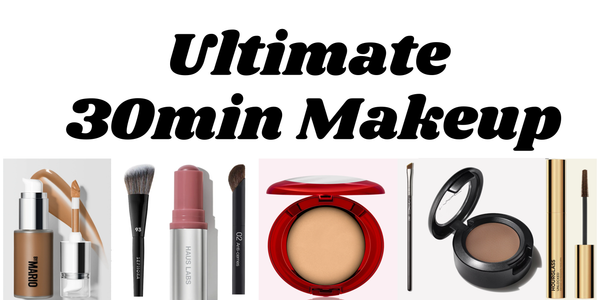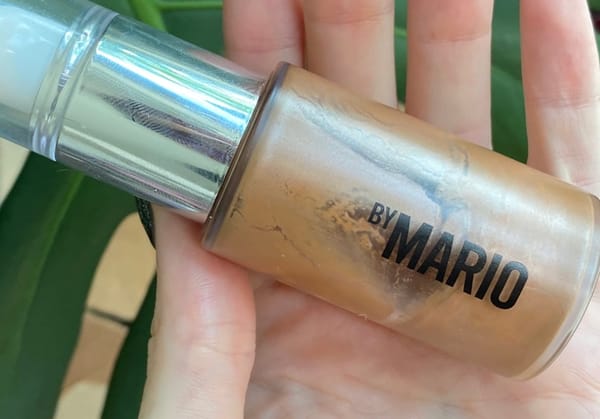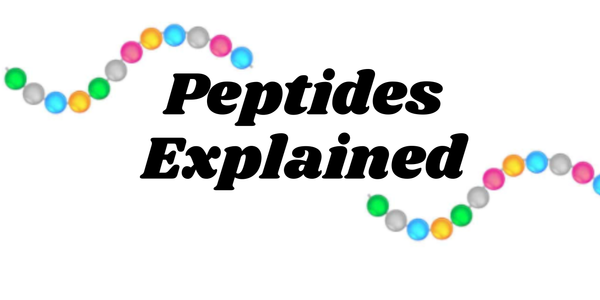Natural and Bioengineered Cosmetics
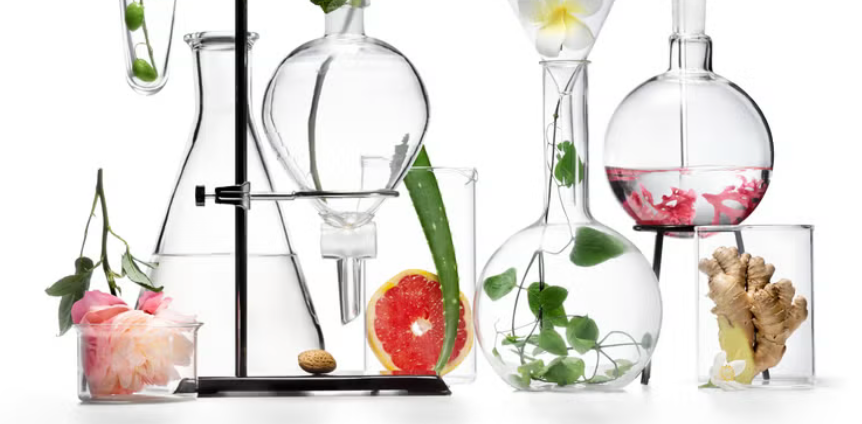
As I started this article it was meant to be a quick read with comprehensive points on what could potentially create more environmentally friendly cosmetic products. I still want to write that article but, I found myself chasing rabbit after rabbit as I dove deep into the complex world of the cosmetic sourcing, creation, transportation, and retailing. Historically not something I'd consider fun.
I'll start by saying that "natural" products have never really been a big selling point for me. The concept is nice, truly. I would like nothing more in life than to return to the dirt. To be a free creature of the land, happy and healthy taking my share of the earth and nothing more. That lifestyle is simply not an achievable reality when engaging with consumer cosmetic products. Or professional products for that matter.
The idea of "maybe I'll live longer and skirt cancer by a couple years if I only use products made from plants." Or, the thought of, "this product is better for me and everyone around me because it wasn't made in a lab." You are an eco-conscious warrior at heart, I believe it.
After a lot boring reading, a handful of videos, and reflecting on my own philosophies about the world, I've finally constructed some coherent thoughts on what might actually make a difference when it comes to sustainable cosmetics and how we can use your natural resources more responsibly.
Only using ingredients that can be replaced as the same rate at which they are used, that's the general consensus on sustainability, right? Contrary to popular belief, the concept of sustainability is not exclusive to natural/ plant based ingredients. Farming, particularly for commercial needs, creates high demand for water consumption, decreases biodiversity due to monoculture crops and, erodes once wild land through soil depletion and tilling (WWF). Turns out, getting everything from this earth isn't always best for the earth.
What if the true answer to the "better for the planet" and the "better for you" cosmetic product was turning to science instead of nature?
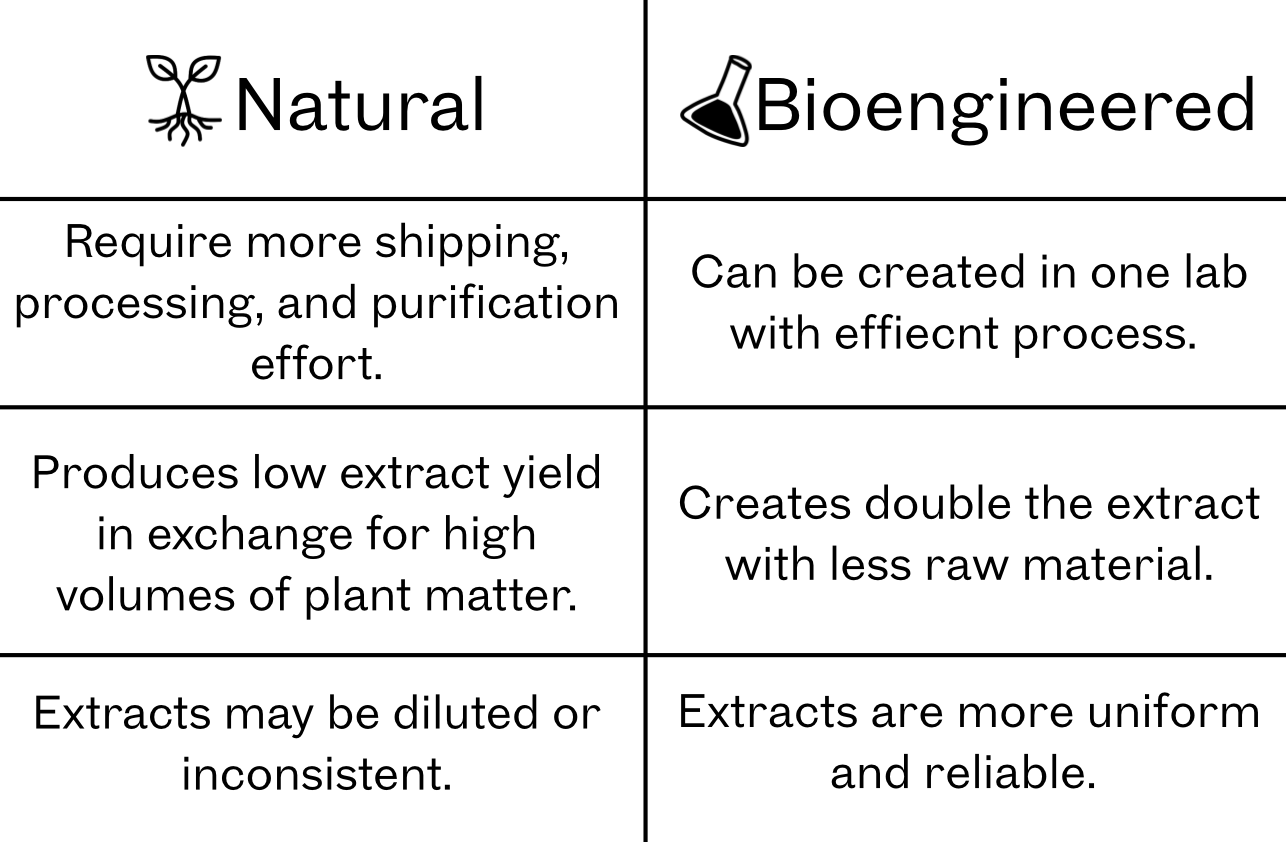
Lab created ingredients might be a better option than you would assume. Unless harvesting of botanicals is kept close to the chest, something like privately owned land growing plants native to the region (looking at you Alpyn Beauty) you might not be getting the high quality nature products you think.
Truthfully when we extract ingredients from the earth we are typically getting a small amount of the active ingredient sought. When leveraging biotechnology to instead grow the active in a controlled lab setting, the result is a higher percentage of the desired active and, a higher yield with less environmental impact (4).
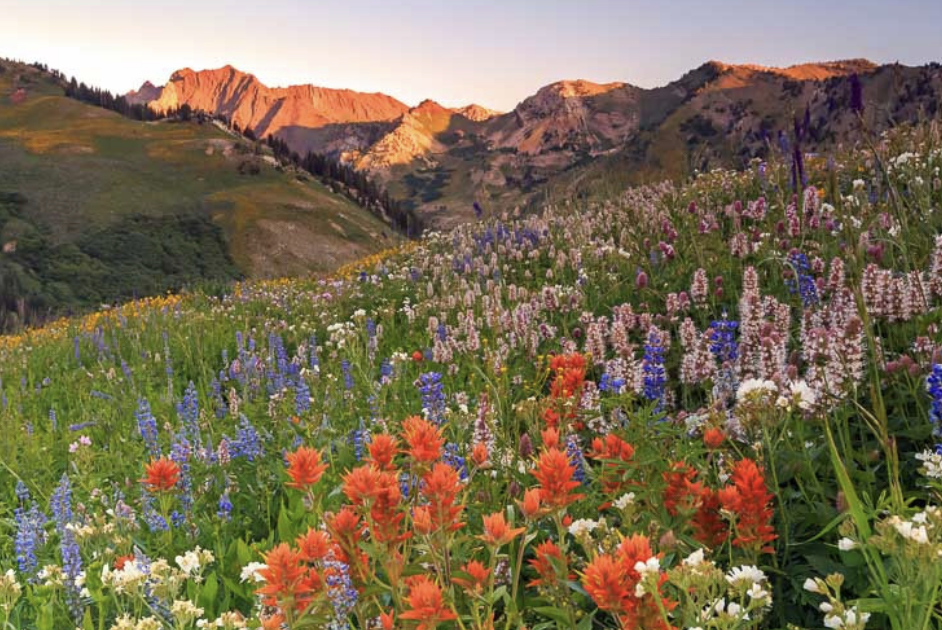
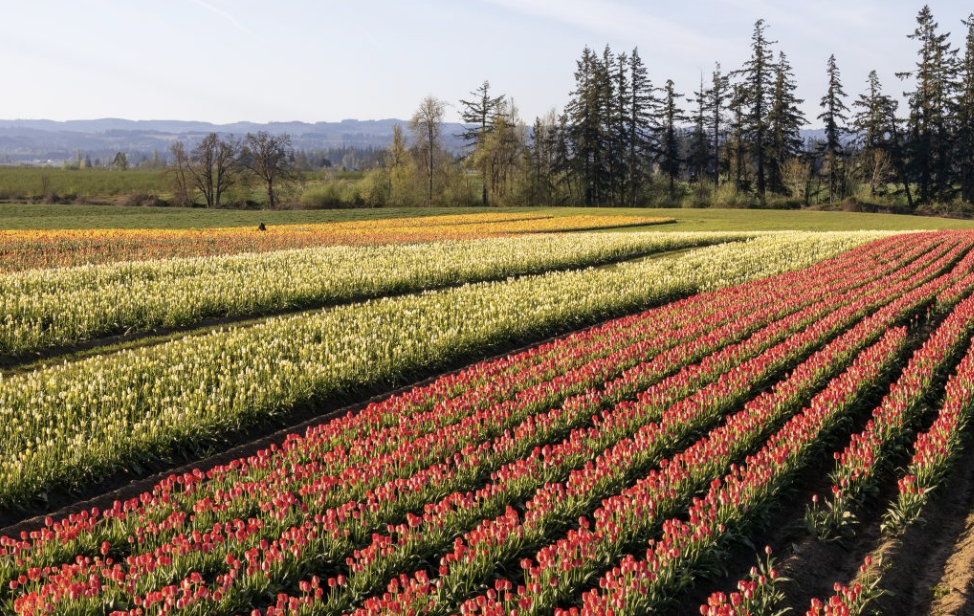
Wild botanical environments support biodiversity, modern farming does not.
Lab created botanical alternatives can in-fact be both good for you and the planet. Science has come a long way and new developments in fermenting ingredients can make precious resources more abundant. By taking a small amount of a plant and allowing it to ferment and grow, we get two main benefits. Smaller molecule ingredients that can more easily be absorbed by the skin and overall more of the ingredient without more farming (processing, shipping, and synthesizing.) I don't think we can just stop using plants, we just have to use them smarter.
I did my best to compile some scientific research. Some of what I found was a bit over my head so, I took what I could understand came up with these examples of how bioengineering is going to improve sustainability and purity in skincare cosmetics.
Squlane: Can be created from olives (3-12 years to mature plant.) Or squalene created from fermented sugarcane (9-24 months to mature plant) or fermented wheat (8-10 months to mature plant) cultures (5). Previously squlane was harvested from shark livers so we're on a great trajectory for improvement. Squlane is naturally produced in the body as part of your lipid/moisture barrier for the skin. Even though both wheat and sugarcane are fast-growing botanicals, they are farmed in a way which decimates natural habitats and depletes soil nutrients. If we can get more out of the sugarcane and wheat we do harvest that can slow down soil depletion and potentially result in long term smaller farming areas.
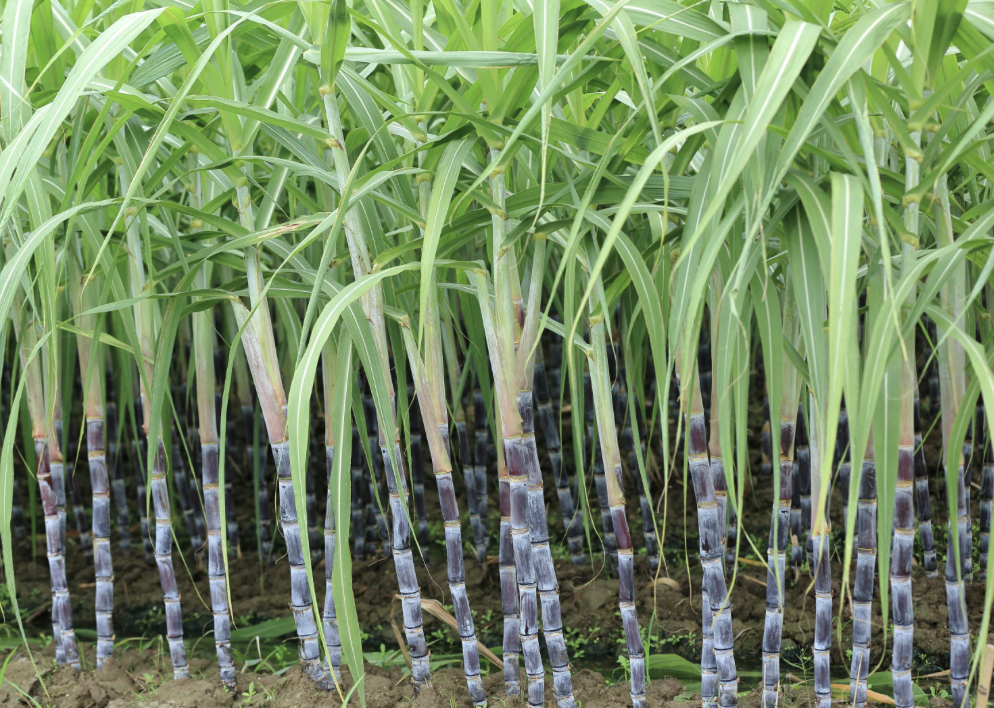
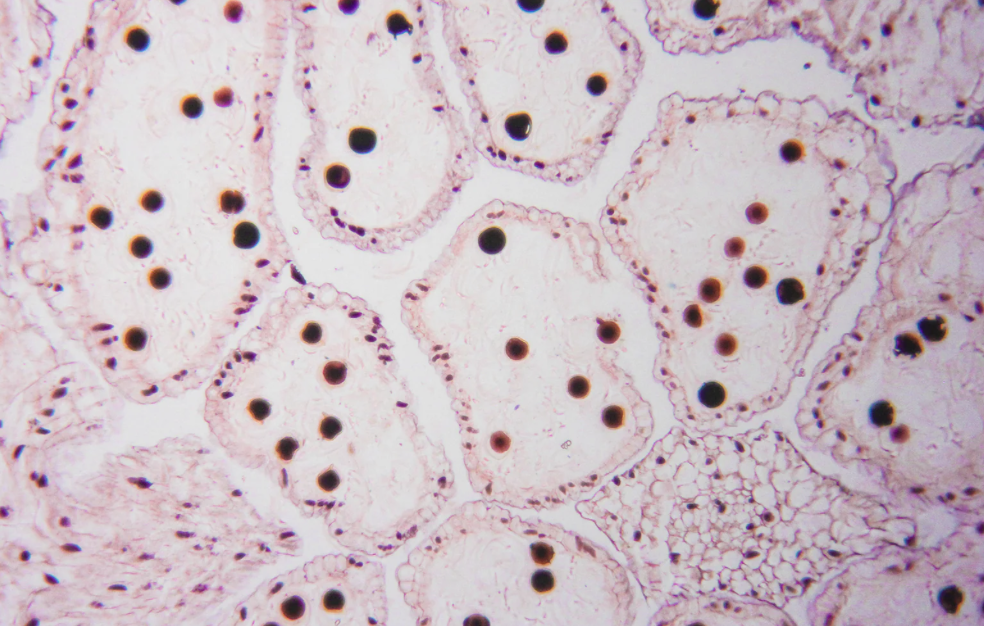
Sugarcane and sugarcane cultures in the ferment process.
Licorice Root: Natural licorice root supplies are being quickly depleted for use of brightening/ dark spot removal skincare products and, other medicinal healthcare products. Labs have not yet created a close bio-identical to licorice root but, they have learned how to make existing licorice root extracts go farther through genetic modification. By allowing the glycyrrhizin element (key active in licorice root) to keep growing in a culture envorinment, scientists are able to triple the amount of active ingredient (7). This process is less like a sourdough starter ferment like the squalene and, more like keeping the lights on longer so more growth can happen.
Ceramides: Another main complement of your body's natural lipid barrier. In a lab setting ceramides can be fermented from jojoba oil and sunflower oil. Oils are extremely labor intensive to manufacture and require a lot of raw material. To make 1oz of jojoba oil you need 2oz-4oz of jojoba seeds and just the seeds. Applying jojoba or sunflower seed oil topically without the fermentation process will still give moisturizing benefits to the surface of the skin but, with fermentation ceramide molecules will be created resulting in better support for the full lipid barrier (6). Without lab interference we're only getting a fraction of the benefits available from the oil.
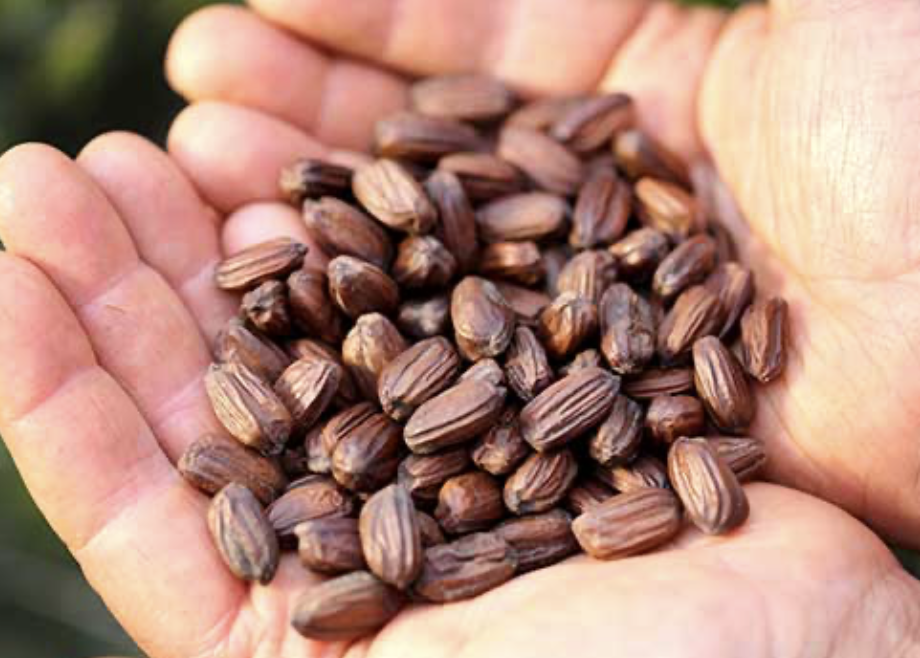
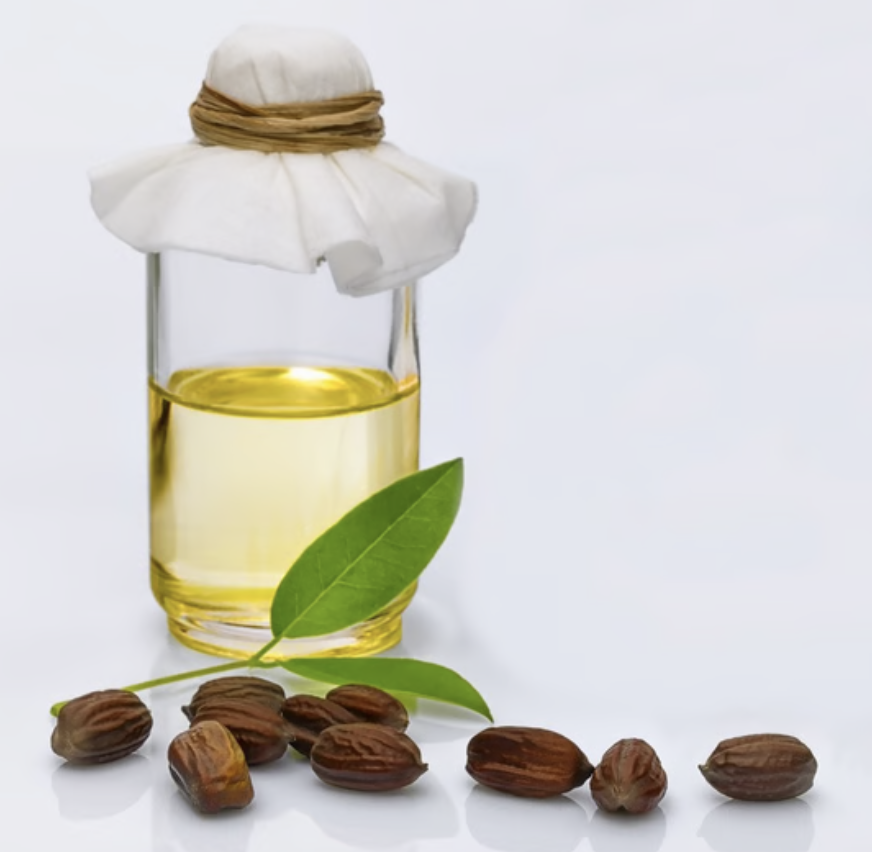
Jojoba yields 1/2 its weight in oil. Why not get the most of out the oil through fermentation.
Overall we can't avoid using plants in skincare. Even products not shining the greenwashed labels of "clean beauty," still use plants. Through the use fermentation and new biotech research we can have our cake and eat it too. Just because it's made in a lab (which, most if not all cosmetics, are lab created... by the way) does not mean it's bad. Similarly just because something is "clean" or "natural" doesn't mean it's good.
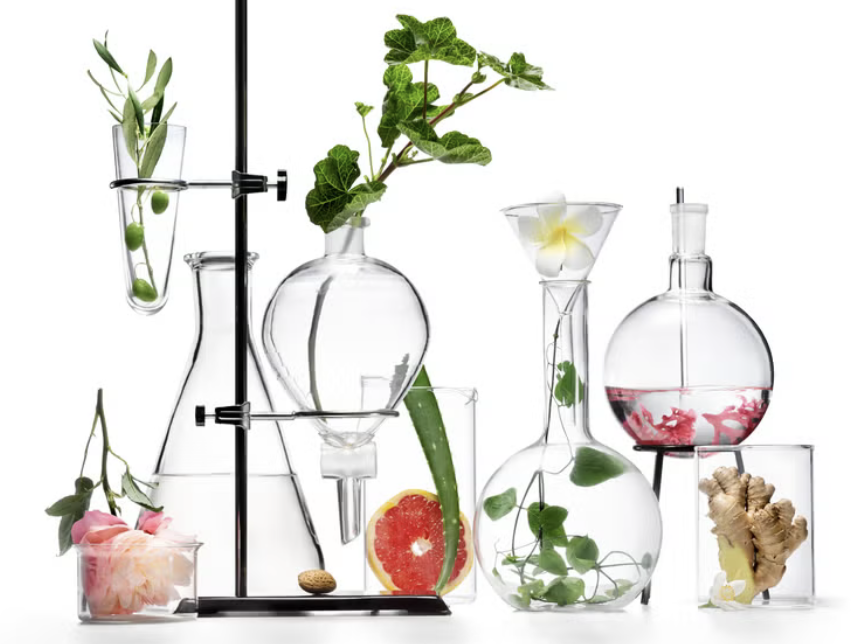
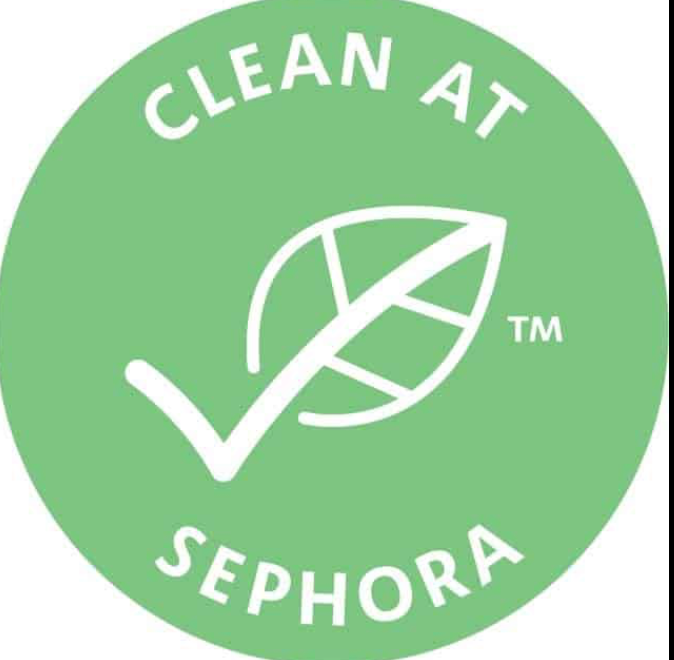
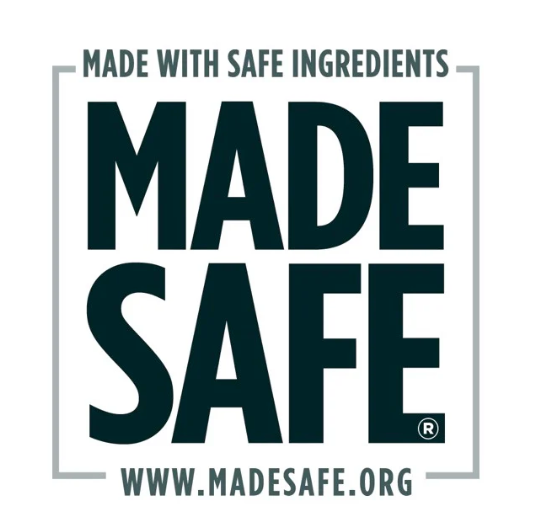
Think twice about what "clean" means next time you're shopping.
Thank you for reading this research article, please check out my more less serious posts that simply indulge in beauty. There's a new post on one of my favorite fragrances, a swatch review of the new Danessa Myricks Lightwork palette, and also a collection of my favorite products from October 2025.


